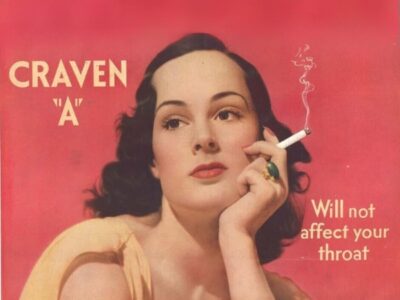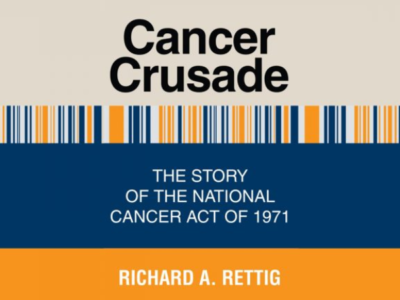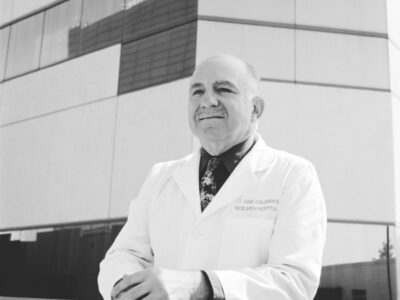George Santos, founder of Johns Hopkins University Bone Marrow Transplantation Program, pioneered many of the innovations used in bone marrow transplantation that are relevant today—but he didn’t get nearly as much credit as others working in the field.xxx:more
This exhibition traces the history of efforts by the tobacco industry to encourage women to smoke cigarettes.
Richard Edelson began his career at NCI, where he was training to become a cancer immunologist.
Franklyn Prendergast, emeritus professor of biochemistry, molecular biology, and pharmacology at Mayo Clinic College of Medicine and Science, was the first Black director of an NCI-designated cancer center.
When Ashani Weeraratna began her career as a trainee at Johns Hopkins in the 1990s, she was part of a team that conducted research in a grocery store-turned-laboratory.
Mary Lasker was surprised when, in 1964, President Lyndon B. Johnson called her at home and asked whether she would accept the job of U.S. ambassador to Finland.
At 75, Chris Lundy is one of the longest living recipients of a bone marrow transplant.
In addition to publishing out-of-print books in oncology, the Cancer History Project highlights new books on the history of the field.
Richard A. Rettig’s “Cancer Crusade: The Story of the National Cancer Act of 1971” is a peerless book, a comprehensive history of the buildup to and enactment of the landmark law that focused the U.S. government’s efforts to cure cancer.
The Cancer History Project’s mission includes publishing books that tell the story of oncology and the shaping of its culture.















